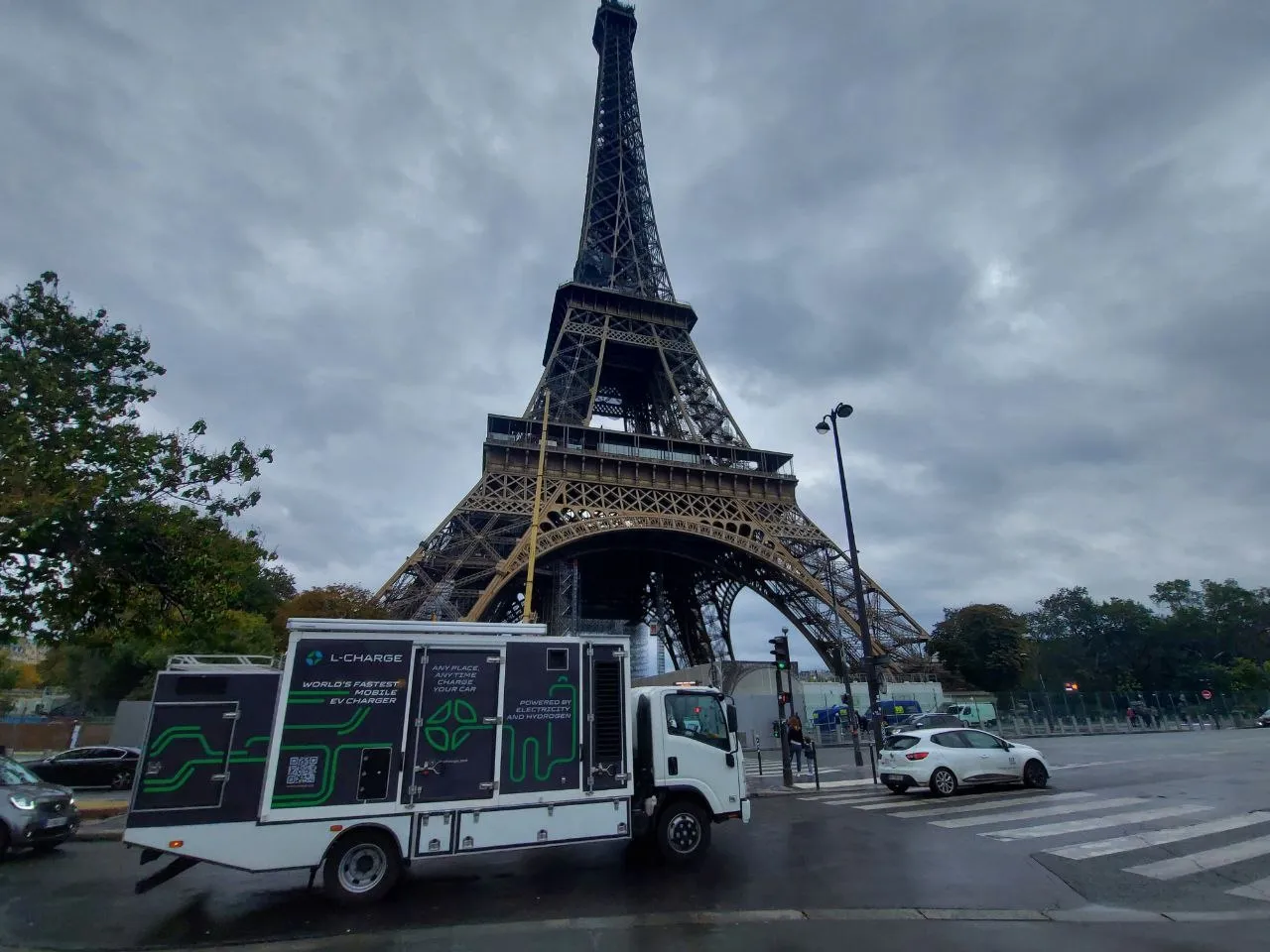The completion of a new charging network that stretches the length of Britain’s busiest roads makes long-distance, cross-border journeys by electric vehicles (EV) a realistic prospect for millions more drivers in the UK and Ireland.
The network stretches from Stranraer in Scotland to Suffolk in the East of England, from Hull in the North East to Holyhead in north-west Wales, connecting with Belfast in Northern Ireland and Dublin in the Republic of Ireland.
Each installation includes at least two of t
February 26, 2016
Read time: 2 mins
The completion of a new charging network that stretches the length of Britain’s busiest roads makes long-distance, cross-border journeys by electric vehicles (EV) a realistic prospect for millions more drivers in the UK and Ireland.
The network stretches from Stranraer in Scotland to Suffolk in the East of England, from Hull in the North East to Holyhead in north-west Wales, connecting with Belfast in Northern Ireland and Dublin in the Republic of Ireland.
Each installation includes at least two of the latest state-of-the-art multi-standard charge points that are compatible with most EVs on sale today: with outlets available for 44kW CCS, 44kW CHAdeMO or 43kW AC systems. Each charging point is said to be capable of powering a typical electric vehicle’s battery to 80 per cent of its capacity in less than 30 minutes.
The US$8.1 million (€7.4 million) investment in the rapid charge network was part-funded by the European Union’s Trans European Transport Network programme and by four major EV manufacturers:838 Nissan, 1731 BMW, 2453 Renault and 994 Volkswagen. ESB in Ireland and 6640 Ecotricity in the UK and are the network operators, providing power to the entire rapid charge network charging stations.
The new network was conceived and implemented by Sunderland-based Zero Carbon Futures to meet increasing demand for public charge points and to encourage more motorists to make the switch to plug-in power.
The network stretches from Stranraer in Scotland to Suffolk in the East of England, from Hull in the North East to Holyhead in north-west Wales, connecting with Belfast in Northern Ireland and Dublin in the Republic of Ireland.
Each installation includes at least two of the latest state-of-the-art multi-standard charge points that are compatible with most EVs on sale today: with outlets available for 44kW CCS, 44kW CHAdeMO or 43kW AC systems. Each charging point is said to be capable of powering a typical electric vehicle’s battery to 80 per cent of its capacity in less than 30 minutes.
The US$8.1 million (€7.4 million) investment in the rapid charge network was part-funded by the European Union’s Trans European Transport Network programme and by four major EV manufacturers:
The new network was conceived and implemented by Sunderland-based Zero Carbon Futures to meet increasing demand for public charge points and to encourage more motorists to make the switch to plug-in power.









